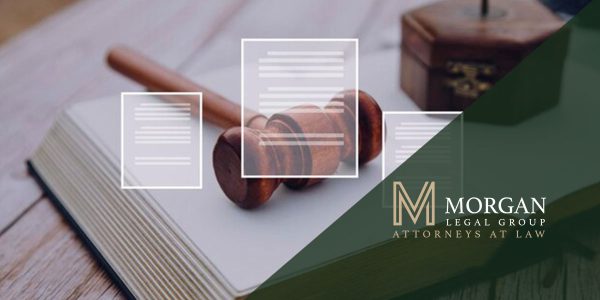Demystifying the Probate Process: What Goes Public?
When a loved one passes away, navigating the aftermath can often feel overwhelming. Understanding and managing the probate process ranks as a significant challenge among families’ many tasks. At Morgan Legal Group in Miami, our commitment is to simplify this journey, offering clarity and support every step of the way. This post will explore the probate process, specifically focusing on which aspects become public knowledge.
The Essence of Probate
Probate is the legal procedure through which a deceased person’s estate is properly distributed to heirs and designated beneficiaries, and any debts owed to creditors are settled. A probate court oversees this process and can vary in complexity depending on the presence or absence of a will, the size of the estate, and the laws of the state where the probate occurs.
Public Information in the Probate Process
One of the most common questions we encounter at Morgan Legal Group is about the privacy of probate proceedings. To demystify this, it’s essential to understand that certain documents and information become public record once they are filed with the probate court. This includes:
- The deceased’s will, if one exists, including the names of beneficiaries and the nature of their bequests.
- Inventory of the estate’s assets lists everything the deceased owned at the time of death.
- Appraisals that determine the value of the estate’s assets.
- Claims by creditors against the estate detailing owed debts.
- Court orders and judgments related to the estate’s distribution.
Why Does Probate Information Go Public?
The transparency of the probate process serves multiple purposes. Primarily, it ensures that all potential creditors are aware of the decedent’s death so they can claim any debts owed. Additionally, it allows interested parties, such as potential heirs or beneficiaries who were not named in the will or were unaware of its existence, to come forward.
Navigating Privacy Concerns
For many, the public nature of probate records raises concerns about privacy. However, there are strategies to minimize the exposure of personal information. These include:
- Creating a living trust to bypass the probate process altogether for assets placed in the trust.
- Designating beneficiaries on accounts like life insurance policies and retirement accounts, which can transfer outside of probate.
- Consulting with an experienced probate attorney to explore other estate planning tools and techniques.
Expert Guidance Through the Probate Maze
At Morgan Legal Group, we understand that the probate process can seem daunting. Our team of seasoned probate attorneys is here to guide you, ensuring that your loved one’s estate is handled with the respect and diligence it deserves. Whether you’re seeking to understand the probate process, wish to keep certain assets private, or need comprehensive estate planning services, we’re here to assist.
Understanding the public nature of the probate process is crucial for effectively managing an estate and mitigating any potential concerns. With the right guidance and planning, navigating these waters smoothly is possible, ensuring that your loved one’s legacy is honored and protected.
Contact Morgan Legal Group Today
If you have questions about the probate process or wish to discuss your estate planning needs, don’t hesitate to contact Morgan Legal Group in Miami. Our dedicated team is ready to provide you with the expertise and support necessary to navigate the complexities of probate and estate planning. We can ensure a secure future for you and your loved ones.
The post What information is publicly available during the probate process? appeared first on morganlegalfl.com.







